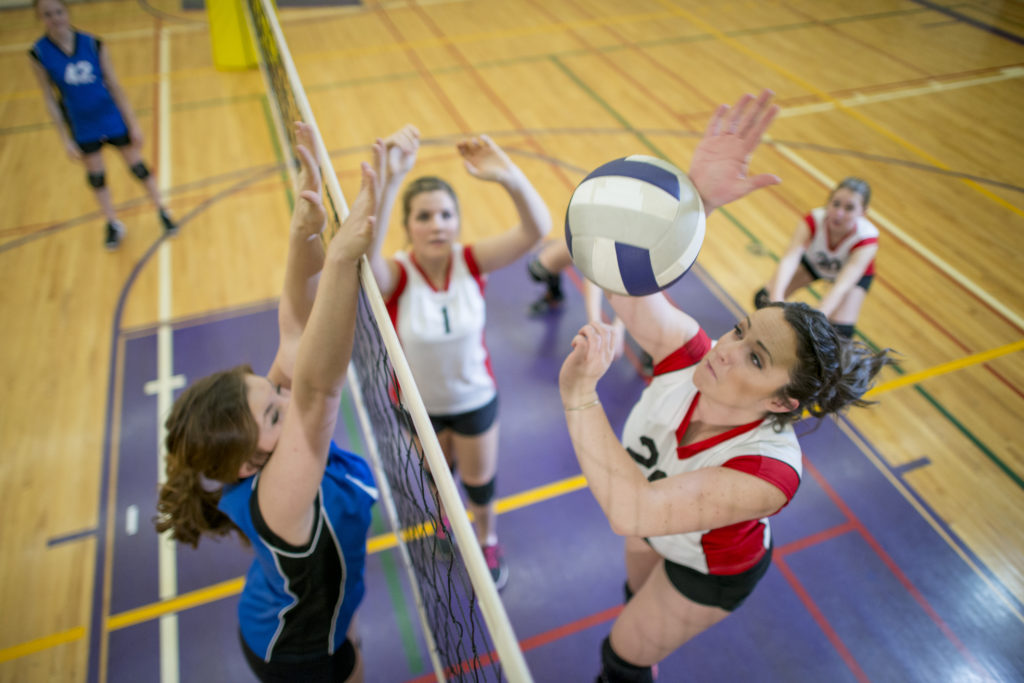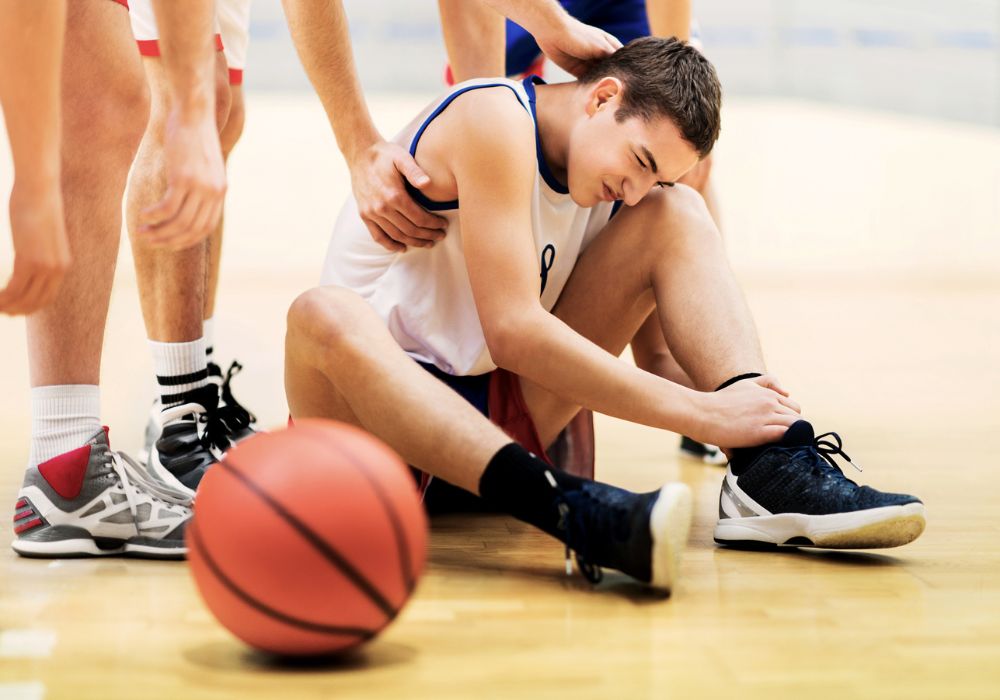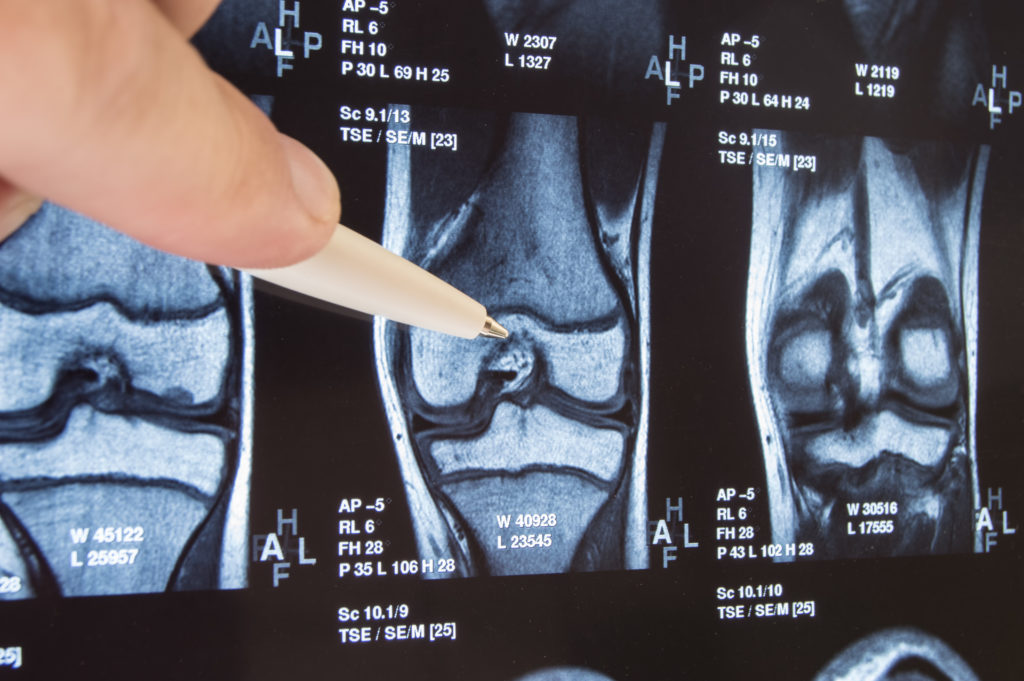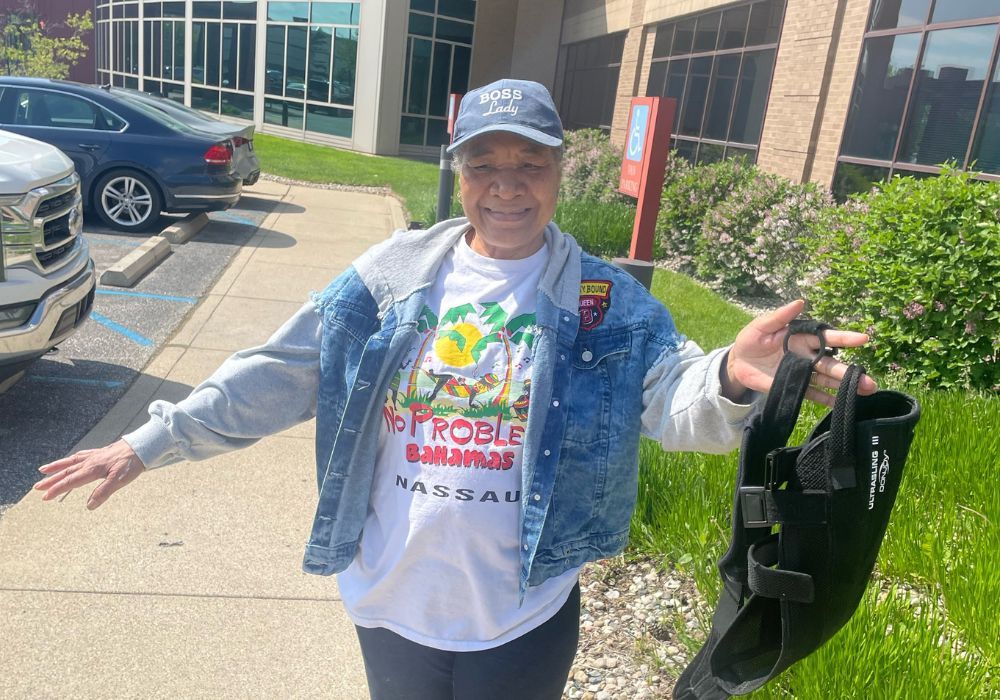THIS POST IS PART OF THE ULTIMATE GUIDE TO SPORTS MEDICINE
Patellar tendonitis is an overuse injury to the tendon connecting your kneecap (patella) to your shinbone.
Anatomy
The patellar tendon works with the muscles at the front of your thigh to extend your knee so you can kick, run and jump.
What causes patellar tendonitis?
Patellar tendonitis, also known as jumper’s knee, is most common in athletes whose sports involve frequent jumping such as basketball and volleyball. However, even people who don’t participate in jumping sports can have symptoms of the injury. It is caused by repeated stress on the patellar tendon. The stress results in tiny tears in the tendon that cause pain from inflammation and weakening of the tendon.
What are the symptoms of patellar tendonitis?
- Pain usually between your kneecap and where the tendon attaches to your shinbone (tibia)
- At first, pain may only be present during physical activity or after a workout
- Eventually, the pain may interfere with daily movements
How is patellar tendonitis diagnosed?
Your physician will ask you for a complete medical history, have you describe your symptoms and how the injury occurred, and conduct a physical examination. An X-ray or MRI may be necessary to confirm the diagnosis and rule out other problems.
Make an appointment with a knee specialist at OrthoIndy
How is patellar tendonitis treated?
In most cases treatment is nonsurgical and includes:
- At home exercises or stretching
- Physical therapy
- Ice
- Rest
- PRP injection*
- Tissue and cell injection*
- Pain relievers such as ibuprofen
In rare cases surgery may be necessary to repair the patellar tendon. In surgery, the torn or degenerative part of the tendon is removed and the good tissue is repaired back together.
*New studies show PRP and tissue and cell injections can help alleviate pain caused by tendonitis. Ask your physician if you’re a candidate for this orthobiologics treatment. These injections are not guaranteed to take effect, but they may help decrease pain and improve function.
http://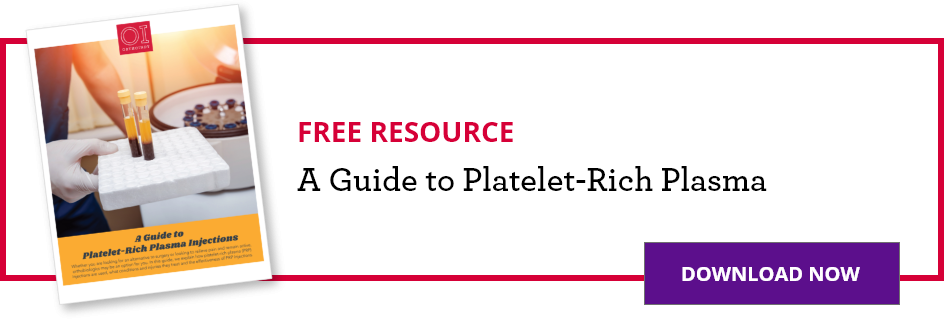
How do you prevent patellar tendonitis?
- Don’t play through the pain
- Strengthen your muscles
- Make sure you are using your body correctly while playing sports with proper movements and equipment
- Always stretch before and after exercise
Learn more about having knee pain treated at OrthoIndy.
Schedule an appointment
Your well-being is important to us. Click the button below or call us to schedule an appointment with one of our orthopedic specialists. If your injury or condition is recent, you can walk right into one of our OrthoIndy Urgent Care locations for immediate care. For rehabilitation and physical therapy, no referral is needed to see one of our physical therapists.


